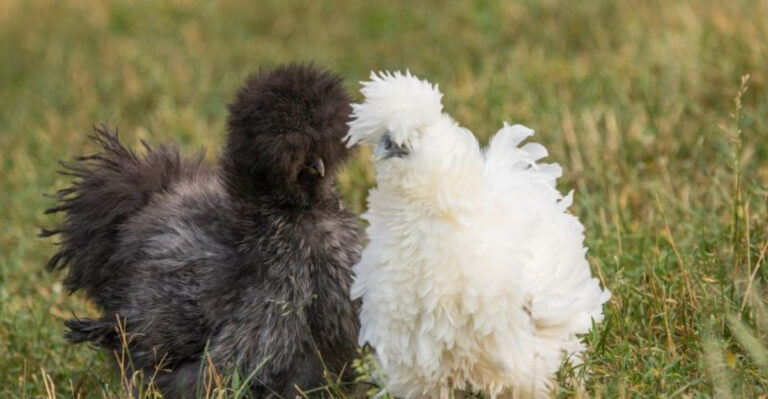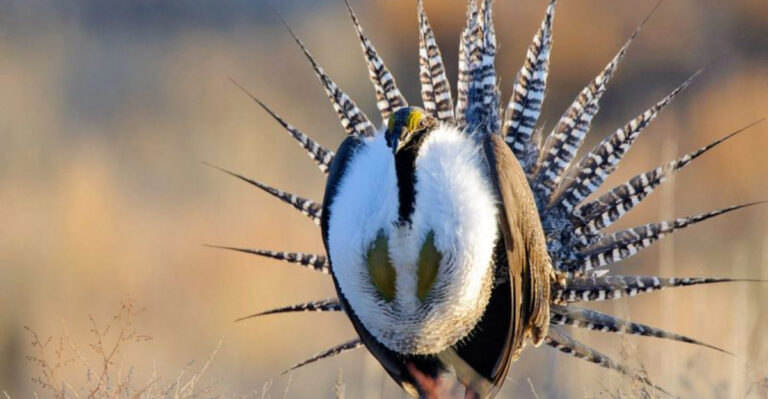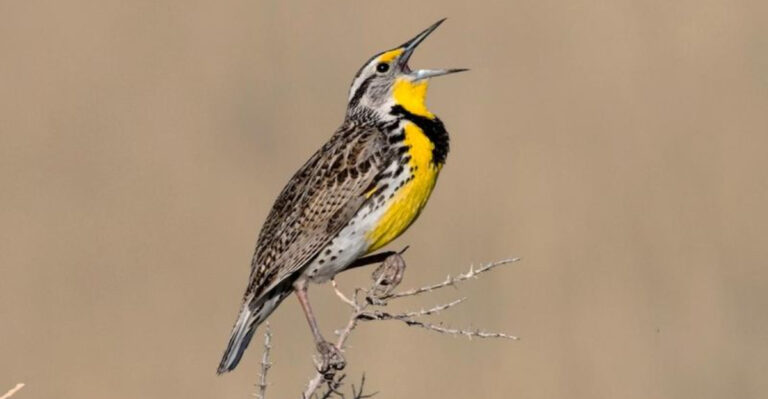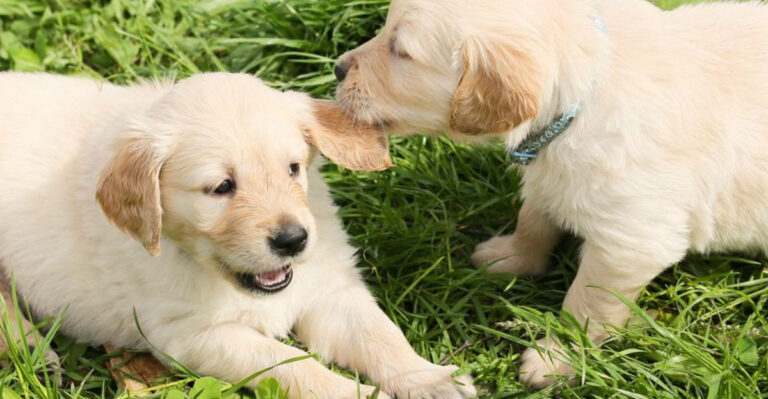9 Common Reasons Your Dog Snores Loudly (As Explained By A Vet)
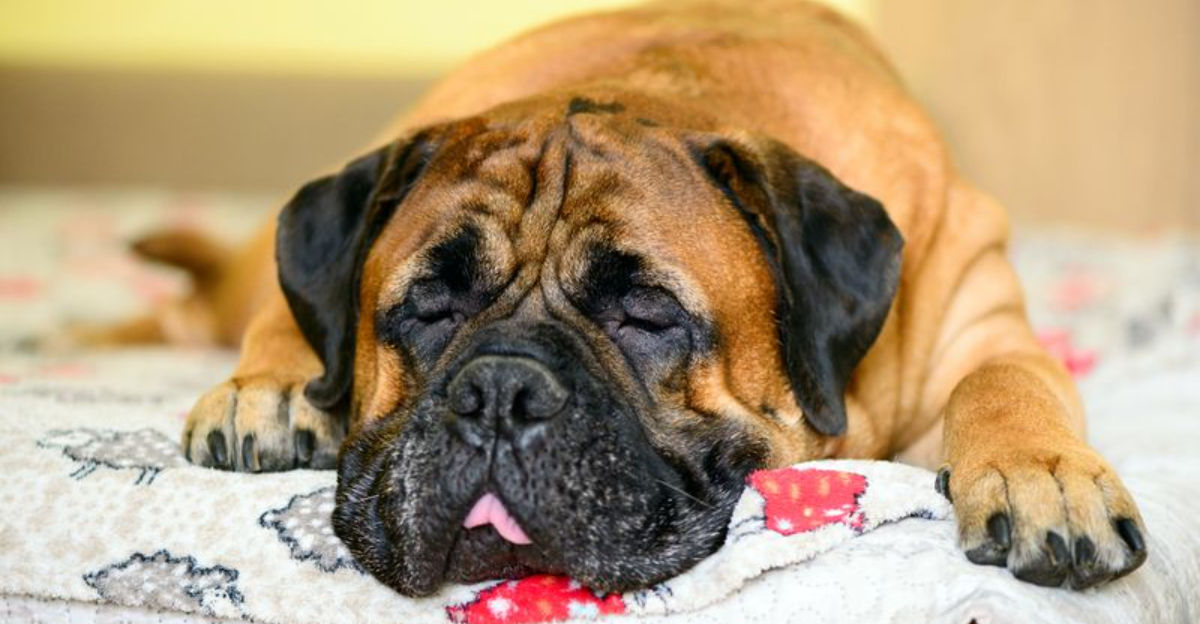
Does your furry friend sound like a tiny chainsaw at night? Those rumbling snores from your dog’s bed might be more than just a quirky habit.
As a veterinarian, I’ve seen countless concerned pet parents wondering why their pooches make such dramatic noises during sleep.
Understanding the reasons behind your dog’s snoring can help you determine when it’s harmless and when it might need medical attention.
1. Breed Characteristics (Flat-Faced Dogs)
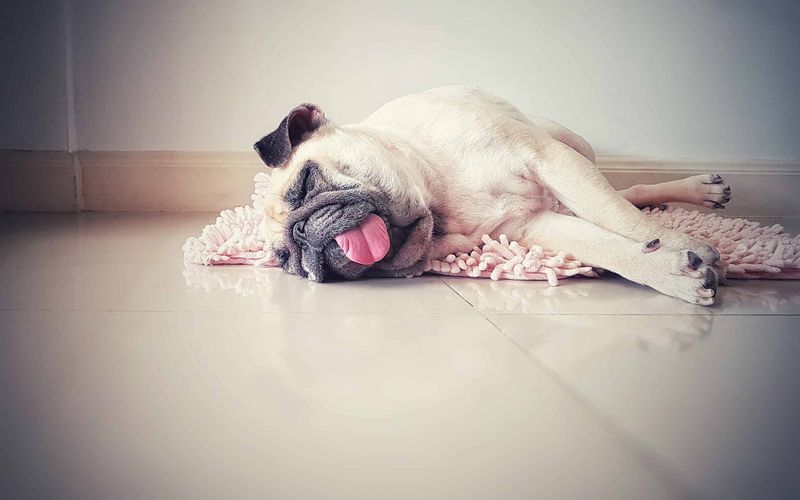
Pugs, bulldogs, and boxers often sound like tiny freight trains during naptime! Their compressed facial structure leaves little room for air to flow smoothly.
These brachycephalic breeds have shortened nasal passages and elongated soft palates that partially block their airways. This anatomical quirk creates the perfect conditions for those adorable (but sometimes concerning) snores.
2. Obesity And Excess Weight
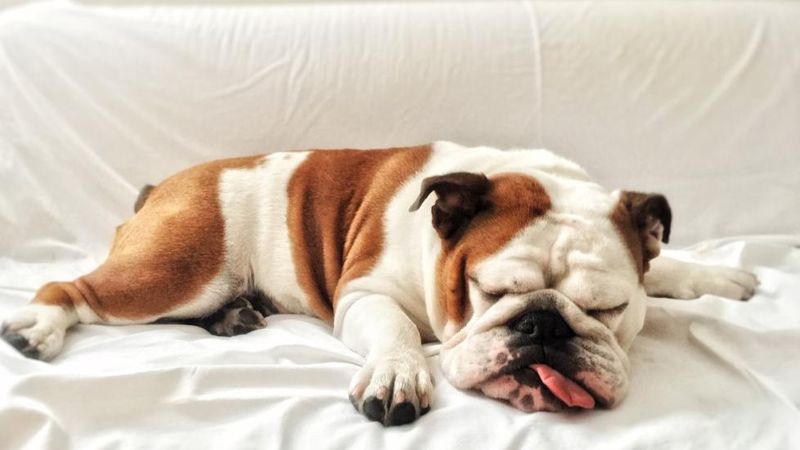
Extra pounds mean extra noise for our canine companions. Those fatty deposits don’t just affect your dog’s waistline—they crowd crucial breathing passages too.
When excess tissue accumulates around the throat and neck, airways narrow significantly. Each breath becomes a struggle, especially during sleep when muscles relax, creating that distinctive snoring soundtrack.
3. Sleeping Position
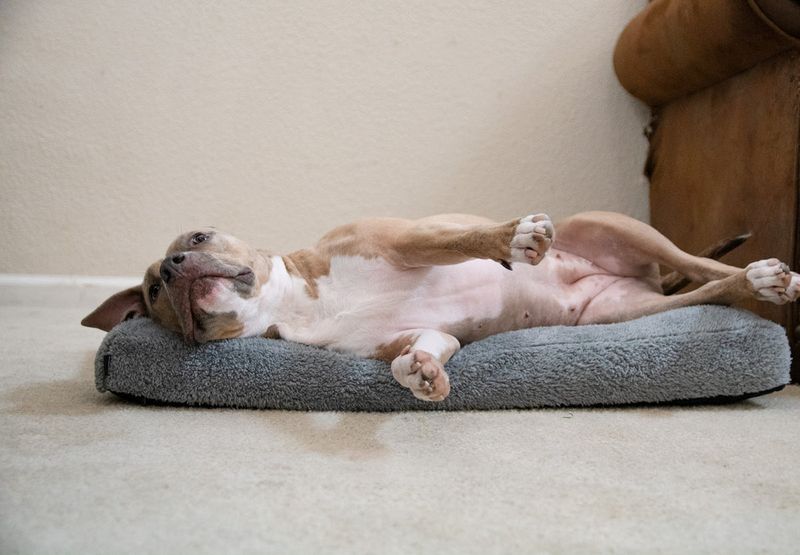
Your dog’s favorite snoozing posture might be the culprit behind those nighttime symphonies. Many pups who sleep sprawled on their backs become temporary snorers.
In this position, gravity pulls the tongue and soft tissues backward, partially blocking the airway. Try gently repositioning your dog to their side if the snoring becomes excessive.
4. Allergies And Sinus Congestion
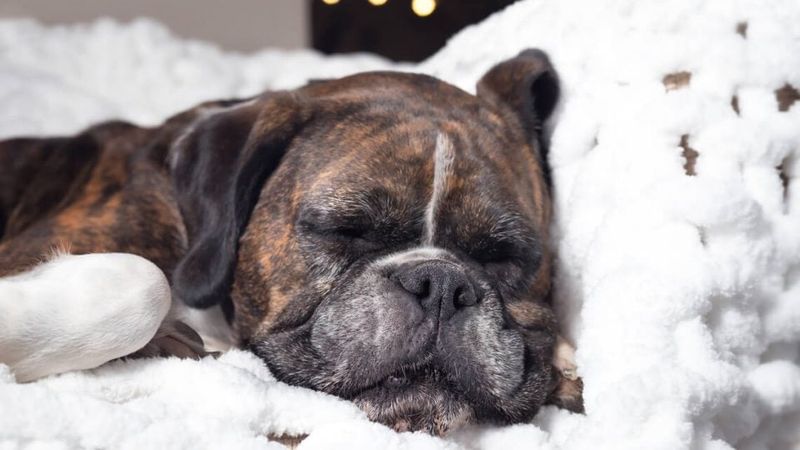
Seasonal sniffles affect our four-legged friends too! Pollen, dust, or even certain foods can trigger allergic reactions that inflame nasal passages.
When your dog’s sinuses become congested, they’re forced to breathe through their mouth. This alternate breathing route often creates vibrations in the throat tissues, resulting in those rumbling snores you hear.
5. Respiratory Issues (Nasal Polyps Or Infections)
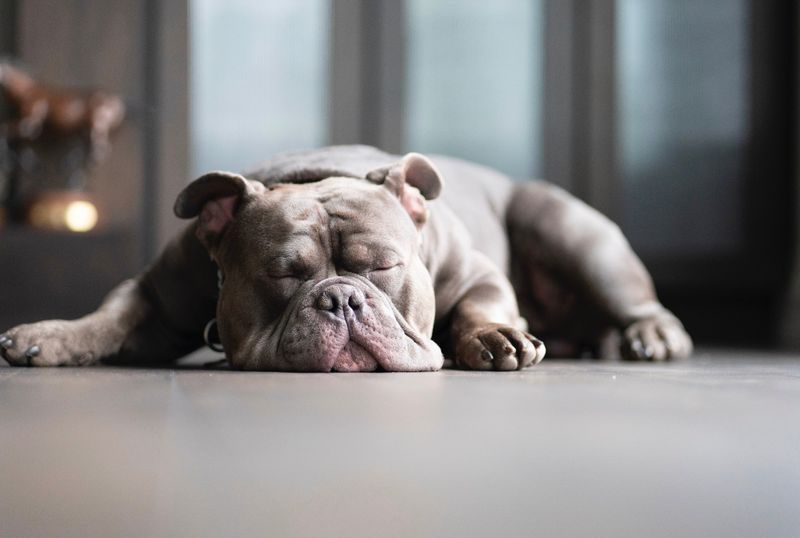
Foreign objects, polyps, or infections can transform your quiet sleeper into a noisy nighttime companion. These obstacles create turbulence in the airflow, similar to wind whistling through a narrow canyon.
If your dog’s snoring started suddenly or is accompanied by discharge, pawing at the face, or difficulty breathing while awake, schedule a veterinary visit promptly.
6. Sleep Apnea
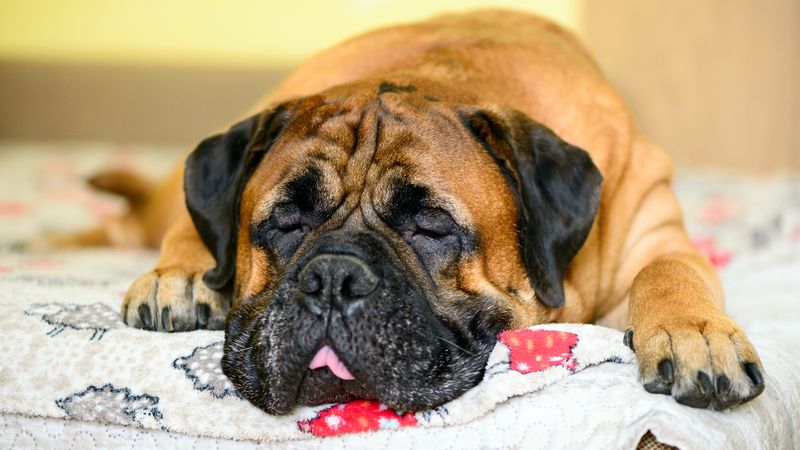
Yes, dogs can have sleep apnea too! This serious condition causes brief breathing pauses followed by gasping or choking sounds.
Unlike regular snoring, sleep apnea disrupts your dog’s rest quality. Watch for signs like excessive daytime sleepiness, irritability, or unusual fatigue. Breeds with flat faces are particularly vulnerable to this condition.
7. Age-Related Changes

Senior dogs often become champion snorers as they enter their golden years. The muscle tone throughout their body gradually weakens—including the tissues supporting their airways.
This natural aging process allows throat tissues to sag and vibrate more easily during breathing. While typically harmless, dramatic changes in snoring patterns still warrant a check with your veterinarian.
8. Poor Air Quality In Your Home
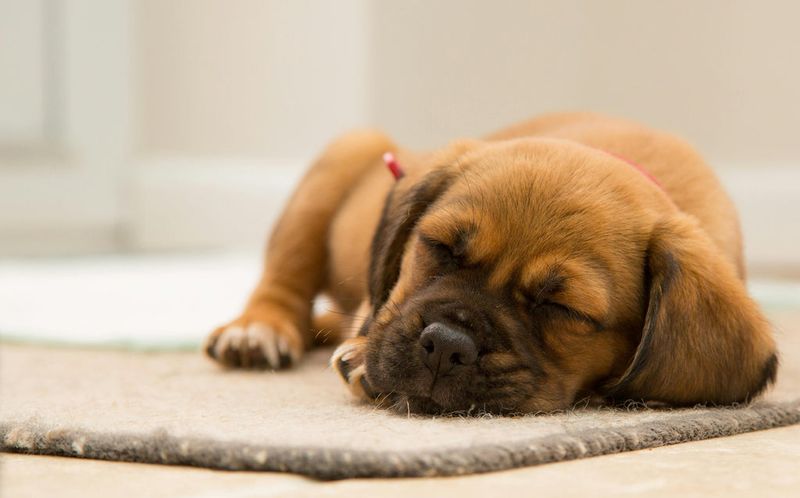
The air your dog breathes affects their nighttime noise levels more than you might realize. Cigarette smoke, strong cleaning products, or extremely dry air can irritate sensitive airways.
Consider using a humidifier during dry months and keeping your home well-ventilated. Air purifiers can also help remove irritants that might be contributing to your pup’s snoring symphony.
9. Snoring During Deep Sleep Stages
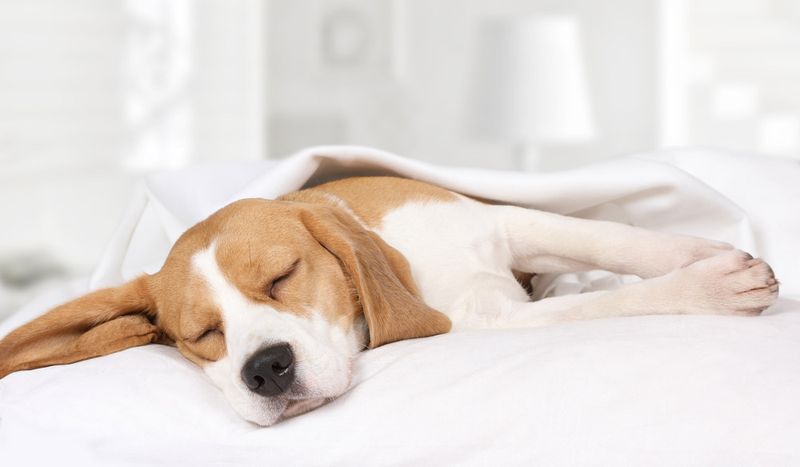
Sometimes snoring is simply part of normal sleep cycles. When dogs enter deep sleep, their muscles—including those in the throat—completely relax.
This natural relaxation can narrow airways slightly, creating gentle vibrations as air passes through. If your dog only snores during certain parts of their nap and shows no other symptoms, this rhythmic rumbling is likely harmless.



